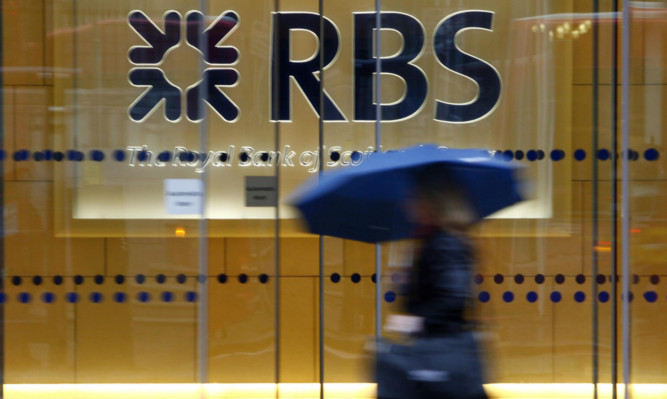The chairman of RBS has cautioned against a costly and complex taxpayer handout of the bank’s publicly-owned shares as the group revealed how losses widened to £5.2bn last year.
RBS’ annual results announcement revealed the total bonus pot for workers reached £607 million during 2012, even as the lender faced fines for the Libor-fixing scandal and widening provisions for mis-selling and software failures.
Reports earlier this month suggested Chancellor George Osborne had asked Treasury officials to draw up plans to share the Government-held stocks out among the general public ahead of the next election.
Sir Philip Hampton said it was “up to the Government” how it chose to dispose of its 82% shareholding in the company but warned that the mooted taxpayer handout would be “expensive and difficult to manage.”
“We would like something that was less costly to do,” he said. “I assume that at some stage or other the Government will want to involve the public on this, but it is a matter for them and not for us.”
The largely-nationalised lender has now racked up five years of losses since being bailed out by the taxpayer in the midst of the financial crisis, but yesterday insisted it would return to financial health next year.
On an underlying basis, group operating profits rose from £1.8bn in 2011 to £3.5bn in 2012, thanks to a 68% rise in earnings at RBS investment arm.
Losses in 2011 reached £1.2 billion but an accounting charge of £4.6bn for changes in debt values, allied to the £381m Libor settlement and an overall total rising to £2.9bn set-aside for PPI and interest rate swap mis-selling claims, ensured last year’s performance slipped well back.
Sir Philip said the total bonus pot, which included £225m for investment bankers, had fallen substantially, and by 75% in the bank’s markets division.
Milestones in 2012 had included an exit from the asset protection scheme, complete repayment of the Government’s emergency liquidity support and a newly-lowered one-to-one loan to deposit ratio, he said.
He said he expects shareholders to begin receiving dividends next year, and for the Government to have “options to explore” as it seeks to sell its 82% holding in the business from 2014.
Natwest and RBS customers who had expected their branches to be sold to Santander before the recent collapse of the deal are now likely to see the business hived off and floated in its own right, he added.
But the cost and systems required to recreate an effectively entirely new high street lender would mean any such float would not take place until 2014.
